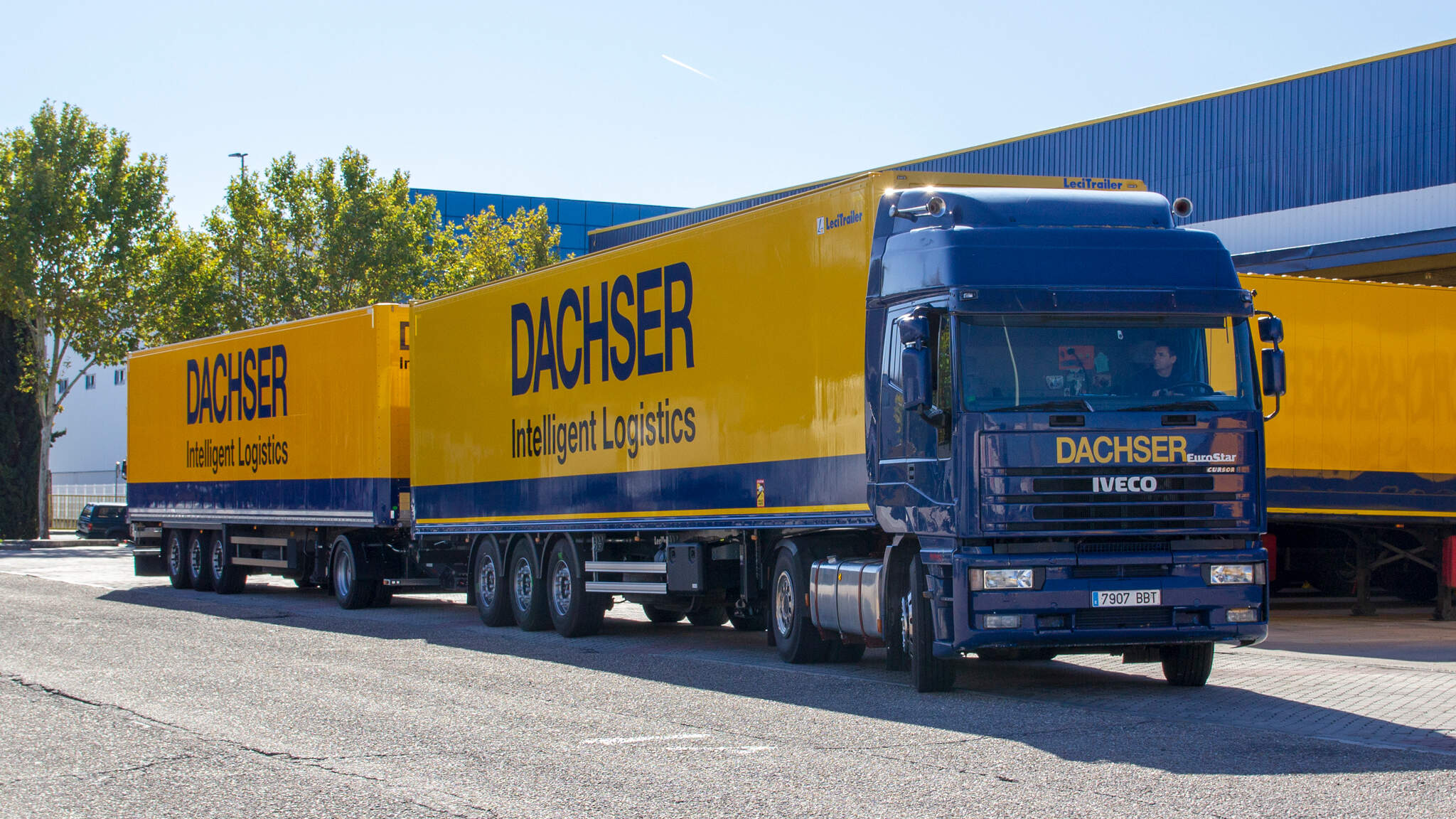Name change in Hungary after joint venture takeover
Since June 1, 2024, the former company Liegl & DACHSER continues its logistics activities under the name DACHSER Hungary comprising the business fields Air & Sea Logistics and Road Logistics with its business lines European Logistics and Food Logistics. This administrative step is the last step in closing the acquisition, which took place in December 2022: the German logistics service provider then bought the former co-owner's remaining 50% stake in the companies.

Founded in 1999, DACHSER Hungary initially focused on the delivery and storage of consumer goods and industrial products. In 2006, the Hungarian portfolio was expanded with air and sea transportation services.In 2008, all this was completed with food logistics activities. Today, the company works with nearly 400 employees at seven locations in Hungary to ensure that goods and raw materials can flow quickly and efficiently in Europe and the world.
The company has been a full-fledged member of the DACHSER network in Hungary, and uses the uniform IT systems used by all of the company's branches around the world, so neither the previous acquisition nor the current name change causes any interruption in work, does not require a special transition or greater expenditure. "For our customers, DACHSER is not just a name, but a personal experience: they know that we work flexibly, efficiently and reliably, they know our employees who they can count on, they see that state-of-the-art technology helps us and them," said Péter Szabó, country manager business field Road Logistics. "In the dynamic development of DACHSER in Hungary for a quarter of a century, we have now taken another step - and we are moving forward with a new name, but based on the proven results."
Open the door to the world
"DACHSER Air & Sea Logistics has been working in Hungary for almost two decades to open the door to the world market for domestic manufacturers and traders," added György Tamás, country manager business field Air & Sea Logistics. "DACHSER's strategic goal is the global implementation of integration, door-to-door delivery, in which DACHSER Hungary takes an active part, but from now on under a new name."